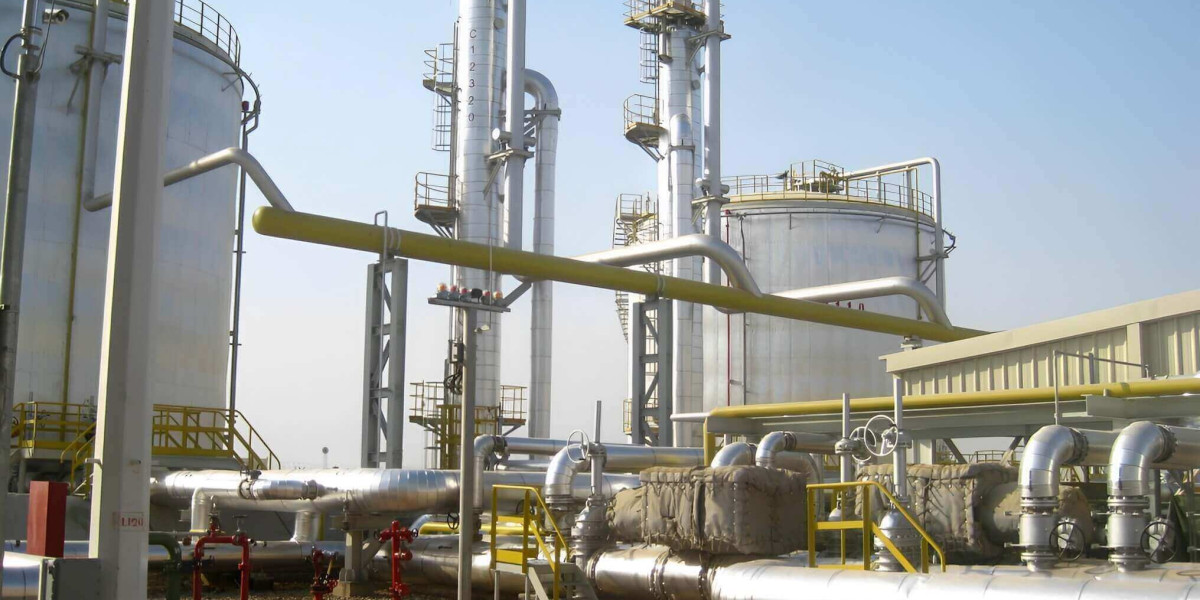In recent years, engineering consultancy in Iraq has emerged as a cornerstone of the country’s reconstruction and development efforts. With its vast oil reserves, strategic location, and a young, ambitious population, Iraq holds tremendous potential for economic revival and modernization. Engineering consultancy services play a critical role in this journey, providing the expertise needed to plan, design, and manage complex infrastructure and industrial projects. These services are indispensable in ensuring quality, safety, and efficiency across the country’s growing construction and development sectors.
Post-Conflict Reconstruction and Infrastructure Needs
Iraq has experienced decades of conflict, which have significantly impacted its infrastructure. Cities like Mosul, Ramadi, and Fallujah have suffered extensive damage, and even in more stable regions, essential systems such as transportation, power, water, and healthcare require extensive upgrades. As the government prioritizes rebuilding efforts, there is a growing demand for experienced engineering consultants who can support urban planning, structural assessments, environmental reviews, and sustainable design solutions.
Engineering consultancy firms provide critical assessments before any major reconstruction project begins. This includes soil analysis, structural evaluations of damaged buildings, and cost estimation. By ensuring a comprehensive understanding of each project's technical and environmental dimensions, consultants reduce risk and enhance project success rates. Moreover, consultants help align projects with international standards, which is increasingly important as Iraq opens its economy to foreign investment.
Role in the Energy Sector
The energy sector is the backbone of Iraq’s economy, and it remains a primary focus of development efforts. Engineering consultancy in Iraq is particularly vital in the oil and gas industry, where firms provide design and project management for extraction facilities, refineries, and pipelines. These projects demand precise engineering knowledge, regulatory compliance, and environmental safeguards — all areas where consultants provide indispensable support.
Additionally, there is a growing interest in diversifying Iraq’s energy portfolio by integrating renewable sources such as solar and wind. Engineering consultants are involved in feasibility studies, grid integration strategies, and technology evaluation for renewable energy projects. Their work helps ensure these projects are viable, sustainable, and appropriately scaled for Iraq’s energy needs.
Urban Development and Planning
In addition to energy, Iraq is rapidly becoming more urbanized, particularly in major cities like Baghdad, Basra, and Erbil.
The expansion of urban areas necessitates careful planning to ensure access to housing, transportation, clean water, and waste management. Engineering consultancy firms are leading partners in master planning initiatives and infrastructure development projects, offering services that span from site surveys to traffic analysis and green building design.
Urban development is not just about constructing buildings — it's about creating livable, resilient communities. Engineering consultants help balance Iraq’s rich cultural heritage with modern architectural and urban design standards, ensuring new developments are both functional and reflective of the country's identity.
Challenges Facing Engineering Consultancy in Iraq
Despite the progress, engineering consultancy in Iraq faces several challenges. Political instability and bureaucratic inefficiencies can delay projects and complicate regulatory approvals. There is also a shortage of local technical talent due to years of brain drain and underinvestment in education and vocational training.
Security concerns, particularly in some parts of the country, also make it difficult for international firms to operate effectively. However, local companies and joint ventures with international partners are beginning to fill this gap. Increased cooperation between public and private sectors, along with support from international organizations, is helping to improve the overall business environment for engineering consultancy firms.
Emphasis on Sustainability and Innovation
As Iraq rebuilds, there is growing awareness of the importance of sustainable development. Engineering consultants are at the forefront of integrating sustainable practices into project design, including energy efficiency, water conservation, and waste minimization. The use of digital tools like Building Information Modeling (BIM), geographic information systems (GIS), and smart infrastructure technologies is also gaining traction, enabling more efficient project execution and long-term asset management.
Firms like MUE Group exemplify the new wave of engineering consultancy in Iraq. By combining deep local knowledge with international engineering standards, they support public and private sector clients in delivering infrastructure projects that are robust, cost-effective, and future-ready.
Conclusion
Engineering consultancy in Iraq is more than just a professional service — it is a strategic enabler of national development. As Iraq continues to rebuild and modernize its infrastructure, the demand for expert guidance and technical solutions will only grow. Whether it's rebuilding war-torn cities, expanding energy production, or planning sustainable urban centers, engineering consultants are essential to transforming vision into reality. With firms like MUE Group leading the way, Iraq's infrastructure future looks increasingly promising and resilient.






